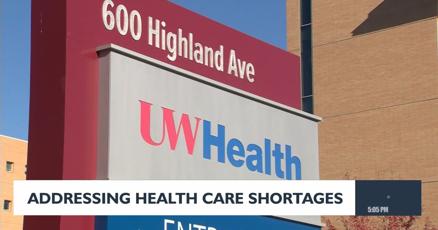Graying State, Shrinking Care: Wisconsin's Health Workforce Hits Critical Crossroads

UW Health Addresses Wisconsin's Healthcare Workforce Challenges
In the heart of Wisconsin, UW Health is taking a proactive stance on the state's growing healthcare workforce shortage. Recognizing the critical need to attract and develop the next generation of medical professionals, the organization is implementing innovative strategies to address the pressing staffing challenges.
Healthcare leaders at UW Health are focusing on multiple approaches to bridge the workforce gap. Their comprehensive plan includes targeted recruitment efforts, enhanced educational partnerships, and creative workforce development programs designed to inspire and support emerging healthcare talent.
By investing in young professionals and creating clear career pathways, UW Health aims to not only fill current staffing needs but also build a sustainable and robust healthcare workforce for Wisconsin's future. The initiative underscores the organization's commitment to maintaining high-quality healthcare services across the state.
As the healthcare landscape continues to evolve, UW Health's strategic approach demonstrates a forward-thinking solution to one of the most significant challenges facing the medical industry today.
